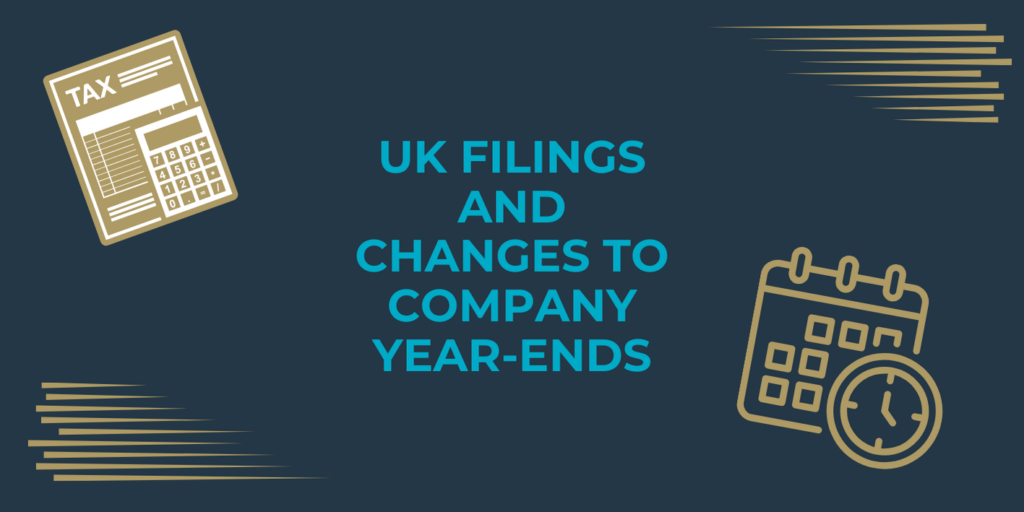Perrys Chartered Accountants, Kent: Inheritance Tax, gifts and giving to charity
Perrys tax accountants, Kent and Central London can be relied upon to provide robust and pragmatic advice on a broad range of accountancy matters.
We have built a reputation for being ‘exceptional as standard’ by providing specialist accountancy services to clients of all sizes and from many diverse sectors. In this article we’re taking a closer look at the complex subject of Inheritance Tax liability, specifically in relation to gifts and giving to charity:
Inheritance Tax: the basics
Inheritance Tax is liable if a person’s estate (comprised of their property, money and possessions) is worth more than £325,000 (ignoring any chargeable lifetime gifts). The rate of Inheritance Tax is currently 40% on anything above the threshold of £325,000.
The executor of a will (or administrator of an estate) is usually required to pay Inheritance Tax by the end of the sixth month after the person died – after this period interest will also be owed. Early payments can be made before the final sum is determined in which case, interest isn’t due on this amount. Furthermore, Inheritance Tax can be paid in instalments over 10 years where property and certain shares take time to dispose of.
The estate may have to pay Inheritance Tax on assets the deceased gave away as gifts while they were alive – this extends to anything that has a value, such as money, property and possessions; when there is a ‘loss’ in value, e.g. a parent sells a house to a child for less than it is worth then the difference in value is considered to be a gift.
The 7 year rule
Unless covered by an exemption – see below, an individual must live for 7 years after giving any gift before it is exempt from Inheritance Tax. Any gifts made less than 7 years before death will become chargeable and count towards the Inheritance Tax threshold (£325,000). If the chargeable gifts exceed the threshold, a relief known as ‘taper relief’ may be available to reduce the tax liability for any gifts made 3-7 years before the individual died.
When gifts are exempt from Inheritance Tax
Inheritance Tax is not due on up to £3,000 worth of gifts given away by the deceased in each tax year (6 April to 5 April), otherwise known as ‘annual exemption’. In addition, ‘leftover’ annual exemption can be carried over from one tax year to the next – however, the maximum exemption is £6,000.
The small gifts exemption covers gifts of up to £250 in total per recipient in each tax year.
Wedding presents up to the following amounts are also exempt from Inheritance Tax:
- £5,000 given to a child
- £2,500 given to a grandchild or great-grandchild
- £1,000 given to anyone else
However, the gift must be given on, or shortly before, the date of the wedding or civil partnership ceremony.
Provided the conditions are met, no Inheritance Tax is due on gifts from the deceased’s income as long as the deceased had enough money to maintain their normal lifestyle, such as Christmas, birthday and anniversary presents, life insurance policy premiums and payments into a savings account. Furthermore, there’s no Inheritance Tax on gifts to help with other people’s living costs, such as an ex-spouse or civil partner, relative who’s dependent (because of old age, illness or disability) or a child (including adopted and step-child) under 18 or in full-time education.
Giving to charities to reduce the Inheritance Tax burden
No Inheritance Tax is due on gifts to charities, museums, universities or community amateur sports clubs. If an individual leaves at least 10% of their estate’s ‘net value’ it is possible to reduce the Inheritance Tax on some assets from 40% to 36% which could save thousands of pounds.
Inheritance Tax can be a complex matter and Perrys would always recommend seeking advice from a qualified and registered accountant in relation to specific circumstances. Please note that this article does not constitute financial advice – it is general in nature and intended to be informative.
To find out how Perrys Chartered Accountants, Kent and Central London can help you or your business, please call us or visit your nearest branch. Contact Us







